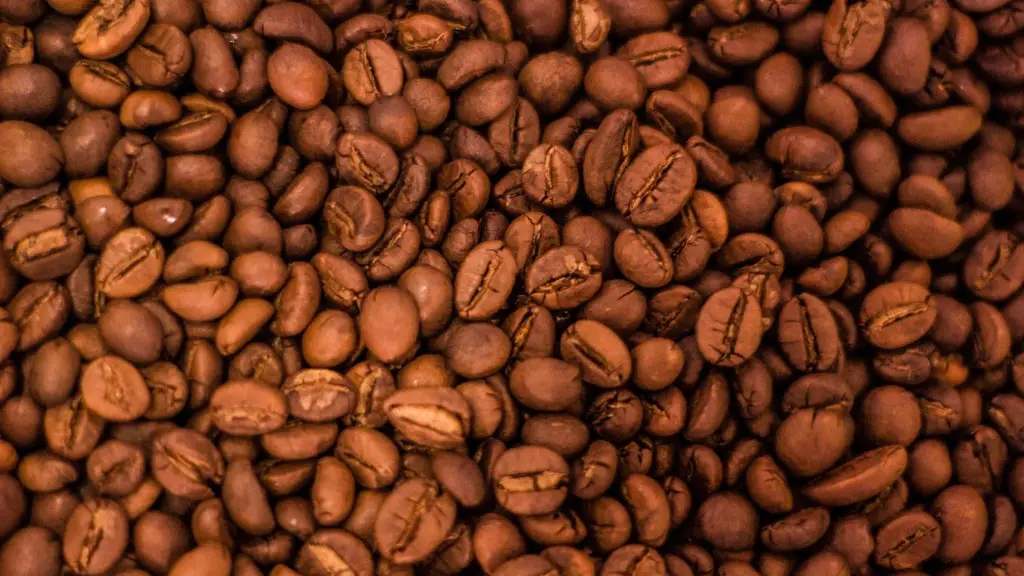Coffee is one of the world’s most popular beverages, enjoyed by millions in many countries around the world, ranging from adults to children. Among all ages, it is particularly kids as young as 5 who come under scrutiny regarding the debate as to if they can drink coffee.
On this issue, it is best to be guided by your healthcare provider. Most experts agree that caffeine is not ideal for most kids under 12, while some think this age can be lowered to 5. Bear in mind, though, that this decision should take into account the specific health history of the child, as well as the kind of coffee they drink.
Generally speaking, some nutrition experts express concerns about the health risks of coffee for kids, mainly related to its caffeine content, which can easily exceed the recommended daily dose. Moreover, some studies have found that in young kids caffeine has greater effects, as it can increase irritability and reduce sleep quality.
Therefore, other than medical reasons, parents should consider other important aspects before deciding on 5 year olds drinking coffee. For instance, when a young child starts to drink coffee, it could lead to forming addiction to caffeine, especially if it is caffeine-rich. This could even have an influence on their diet and nutrition, as the child will opt for caffeinated beverages rather than for nutrient-rich alternatives.
It is also essential to bear in mind cultural norms and values. Various beliefs, customs, and traditions vary from country to country. In some places, it is normal for kids to drink coffee from a very early age, and it is seen as a positive practice, while in other cultures it could be deemed unacceptable.
In summary, the implications of children drinking coffee should be taken very seriously. Again, each child’s individual needs should be taken into consideration and the opinion of the healthcare provider should be the primary one. Nonetheless, before deciding on the matter, parents should also consider their own opinions and the cultural environment the child lives in.
Nutritional Implications
Apart from the potential health concerns, the nutritional implications of serving coffee to 5 year olds are important to be aware of. Coffee, if taken in unmoderated amounts, can easily surpass the recommended daily dose of caffeine, depriving children of much-needed nutrients, such as calcium, magnesium, and iron. Added coffee might also replace other drinks with valuable nutrients, such as milk and other calcium-rich products.
In relation to this, pediatricians often advise parents to use moderation when giving coffee to children. Some might propose that the amount should be strictly limited or not given at all. Plus, it is important to remember that coffee contains a range of other components such as tannins, which could trigger allergic reactions, and B vitamins, which could give your child energy boost.
Caffeine Intake Risks/Considerations
It is well known that too much caffeine can be unhealthy and lead to a range of issues. For instance, although caffeine is commonly used to increase alertness and acute cognitive performance, excessive consumption can sometimes result in irritability, hyperactivity, and difficulty in concentration. These issues can compound in small children, whose bodies have the weakest tolerance to stimulants.
Moreover, large doses of caffeine might cause sleeping disorders, which can easily become a habit for kids. A study in 2019 explored the effects of caffeine consumption on kids aged between 5 and 12, and concluded that just one serving of coffee could lead to a longer time required to fall asleep, as well as to more frequent waking at night.
Alternatives to Coffee
There are many alternatives to coffee which can be enjoyed by 5 year olds. One of the most popular is tea. Many types of tea, such as green tea and herbal tea, can have natural flavorings, as well as health benefits, such as better sleep, better digestion and even improved learning. Likewise, some non-caffeinated drinks can also be healthy, such as coconut water, smoothies, and milkshakes.
Parents should consider the fact that the average 5 year old has a much simpler dietary requirement than an adult. Consequently, any caffeine ingested should be from highly regulated sources, such as those aimed at children, or natural sources like cocoa. This way, parents can ensure that their child is getting enough nutrients, without any extra-sugary drinks or caffeine.
Additionally, a few snacks like yogurt, banana, and granola are also excellent sources of energy and can help children stay focused and energized without needing to resort to caffeinated drinks or snacks. All these can be offered in creative ways, for example, as creative lunchboxes for school or as easy-to-carry snacks to up the nutrition ante.
Caffeine Intake Effects on Kids
Research suggests that regular caffeine intake can affect the development of children in the long term. Specifically, higher caffeine levels might alter their brain cells and associated development in ways that can cause an increased risk of depression, anxiety and delinquency in later years.
Whilst there have been no long-term trials run on the use of coffee in 5 year olds, a possible link between caffeine and these mental disorders has been observed in some studies. The risks of drinking coffee might vary from child to child, and, as such, any decisions should be made with caution and in consultation with healthcare providers.
Caffeine Effects on the developing body
Caffeine can also interact with a developing body in many ways. Kids’ bodies are more sensitive to the effects of caffeine, so they might experience more extreme reactions, such as headaches, stomachaches, and restlessness. Moreover, caffeine can influence their development in an adverse manner, as it can act as a diuretic, causing the child to urinate more frequently, or can cause dehydration or insomnia.
Due to the above, experts suggest that it is best to avoid offering coffee, or really any caffeinated drinks, to 5 year olds, unless there is professional health guidance on this matter. Nevertheless, it is important to keep in mind that certain sports and energy drinks may also contain caffeine, which are marketed at both adults and young children. Those should also be consumed in moderation.
Caffeine in Foods
Caffeine can be present in a variety of foods. Even though adults might be able to moderate their intake, 5 year olds may not be as aware of the content of their food, and they could end up consuming more caffeine than they need. Unfortunately, some food items, such as chocolate, processed cereals, and energy bars often contain caffeine, contributing to their nutritional value, taste, and effectiveness.
That said, parents should be cautious of food packaging labels and pay attention to the advised serving sizes. When in doubt, they should opt for caffeine-free alternatives. Lastly, it is important to inform 5 year olds on the possible health risks of excessive caffeine consumption.




